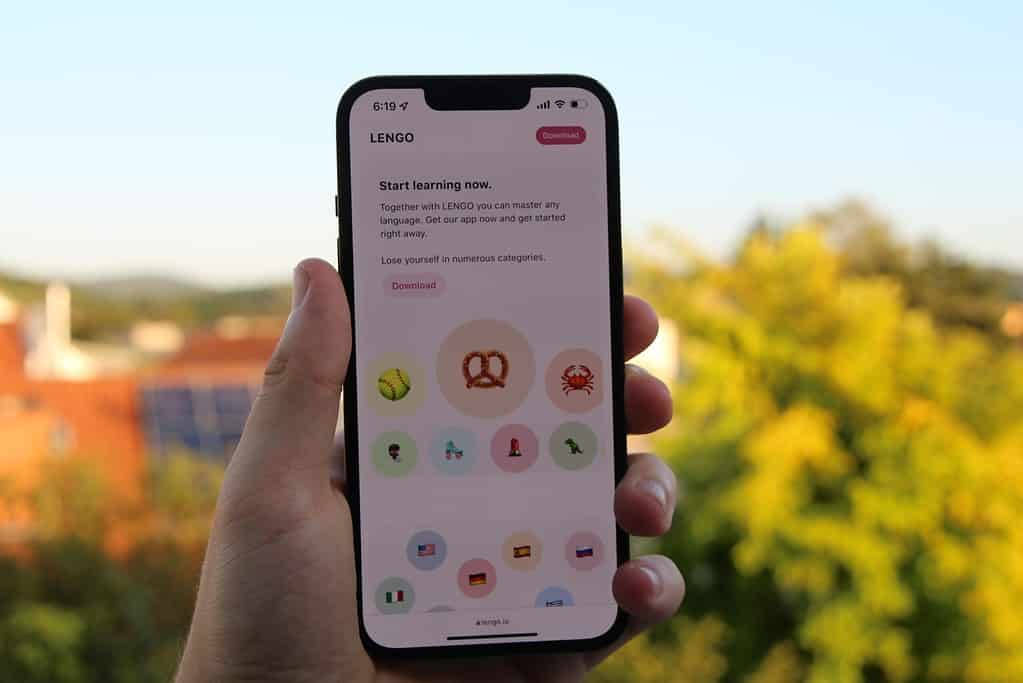Learning to speak like a native isn’t just about mastering grammar rules or memorizing vocabulary lists. It’s about catching the rhythms, nuances, and cheeky expressions that make everyday conversation in French so vibrant and real. Today, we’re diving into the playful world of French slang—handy, humorous, and downright essential for anyone who wants to speak French with confidence. Plus, with flexible learning features and one-to-one private video exchanges available on swaplang, you can start practicing with native speakers today.
Understanding the Importance of French Slang
French slang is more than just trendy words; it’s a doorway to understanding French culture on a deeper level. As you get comfortable with more conventional language, integrating colloquial expressions helps you break down the formal barriers that can feel like a foreign language in themselves. Slang reveals character, hidden cultural histories, and even regional differences within France. These expressions often evolve in informal contexts—think of the lively banter at a neighborhood café or the spontaneous exchanges on a quiet Parisian street. By learning slang, you’re not only making your conversations feel more genuine, but you’re also actively engaging with the current pulse of modern French language—a factor that many language exchange platforms like swaplang emphasize in real-time speaking scenarios.
A similar sentiment is echoed by language enthusiasts on Forvo. You can get a sense of colloquial pronunciation and context by browsing native speaker pronunciations on resources like Forvo, where examples bring the sounds of slang to life.
Top French Slang Terms and Meanings
Let’s get down to the real fun: exploring some of the top French slang terms that you’ll encounter on the streets of Paris or in any casual conversation with native speakers. Words like “ouf” (crazy or unbelievable) or “meuf” (a cheeky term for a girl) might sound baffling to beginners, but they quickly become second nature with practice. Consider the term “boulot,” a casual word for work—friendly and unpretentious. Knowing these terms allows you to seamlessly blend your language skills into everyday dialogue.
Don’t worry if it sounds overwhelming at first. Language learning is as much about listening as it is about speaking. Start by tuning in to authentic exchanges, and soon enough you’ll pick up on the context behind these playful words. Expanding your vocabulary in this area not only enhances your conversation but also gives you an insider’s view of the humor and creativity embedded in daily French interactions.
For those looking to further explore authentic conversational expressions, checking out insightful articles like idioms for boosting conversational fluency can lend additional context and fun examples to your learning journey.
Appropriate Contexts for Using Slang
While mastering French slang is an exciting milestone, it’s essential to understand when and where to use these expressions. The key lies in the context. For instance, slang is perfectly at home in informal settings—chatting with friends, hanging out at a local bar, or even during casual encounters on public transportation. However, you might want to dial it back in more formal circumstances, such as business meetings or academic contexts, where a refined vocabulary is expected.
One effective strategy for learning the right moment to deploy these expressions is by observing how native speakers naturally switch tones in different environments. Joining conversation groups or getting direct feedback through a platform like swaplang can be an effective way of gauging the appropriate tone. In addition, reading up on contemporary cultural trends in France—perhaps even exploring aspects of French humor in articles that decode this unique facet of the language—will give you a well-rounded understanding of when slang can truly shine.

Pronunciation Guide with Audio Clips
Hearing slang in its native context is critical. French pronunciation can be slippery, with the fluidity of spoken language often missed in textbooks. Audio clips, which allow you to listen to native speakers, serve as a tremendous asset here. Platforms like Forvo, where real-life pronunciation examples are available, give you access to the natural accent and intonation of everyday French speech. Listening to recordings, particularly those that include slang terms, helps you get your tongue around the right sounds and rhythms.
Experiment with repeating phrases, and try recording your own attempts for a self-check. Getting comfortable with casual speech patterns will not only boost your confidence but also bring you closer to speaking French as it’s spoken on the streets. The side-by-side integration of audio and practice dialogues is something that swaplang leverages to offer tailored lessons in an engaging and pressure-free environment.
Example Dialogues in Everyday Scenarios
Putting it all into practice is the best way to internalize new slang. Imagine you’re at a local café in Marseille. A friend might greet you with a hearty “Salut, ça gaze?” or comment on a particularly hectic day by saying, “C’était vraiment ouf aujourd’hui!” These example dialogues encapsulate how a touch of slang can instantly transform a conversation from banal to lively.
For example, a casual exchange might go like this: Person A: “Hé, t’as vu la nouvelle expo en ville ?” Person B: “Ouais, c’était hyper stylé, mec! On se capte bientôt pour en parler ?” Such interactions illustrate the balance between friendly banter and cultural relevance. Incorporating similar dialogues into your study routine can help echo the natural cadence and flow of spoken French. If you’re eager to branch out into more cultural nuances, you might enjoy resources that explore French greetings beyond the standard ‘bonjour’—providing both depth and playful variety in everyday conversation.
Remember, it’s all about practicing in real-life settings. Start integrating these dialogues in your language exchanges. For more conversational tips and detailed breakdowns, consider exploring the guide on French greetings beyond the basics that many learners found invaluable.
Feeling inspired to dive deeper? If enhancing your spoken French while having fun sounds like your next big step, why not try a free session on swaplang? With flexible scheduling, secure private rooms, and native speakers ready to guide you, speaking like a local is just one conversation away!

















